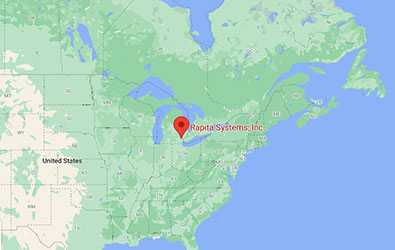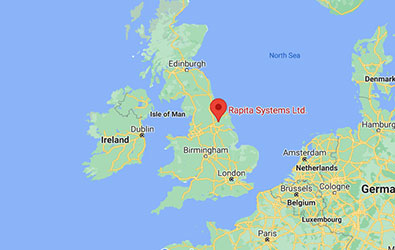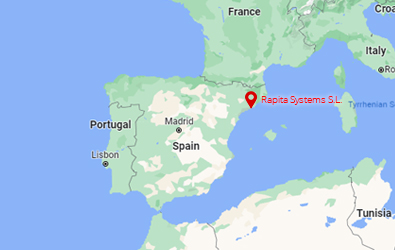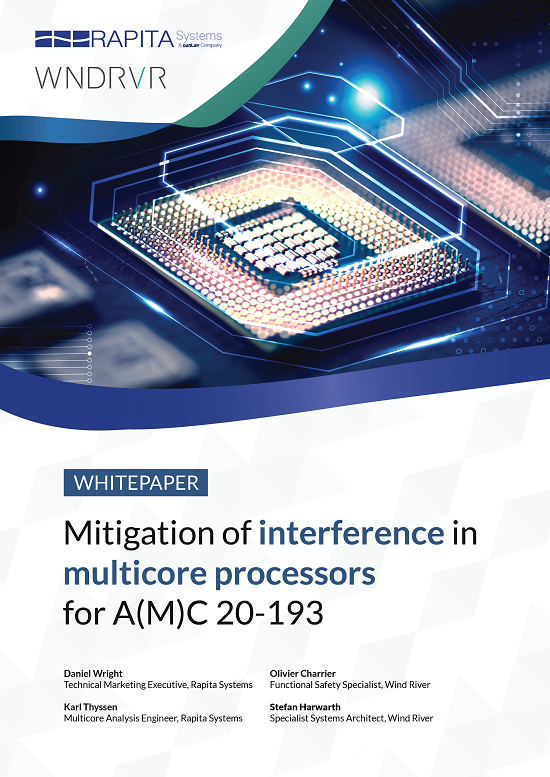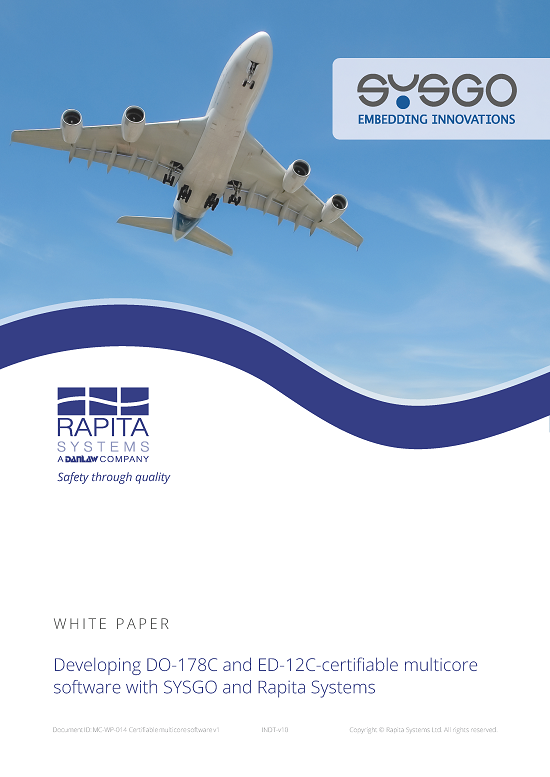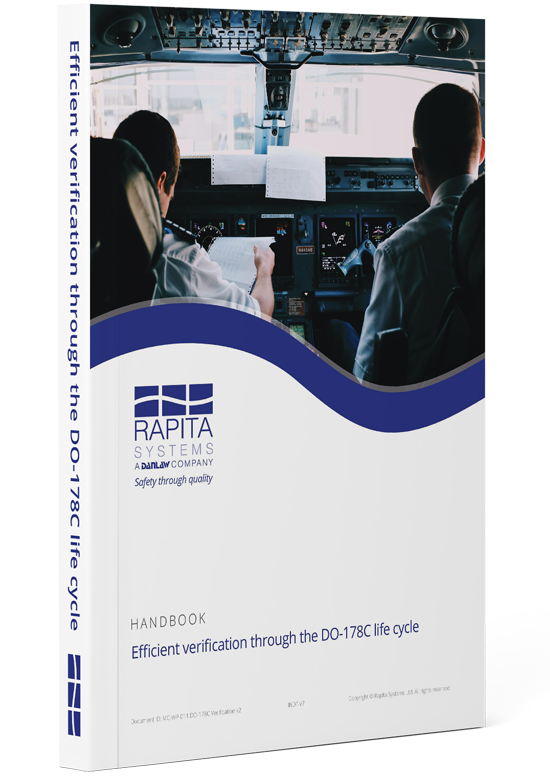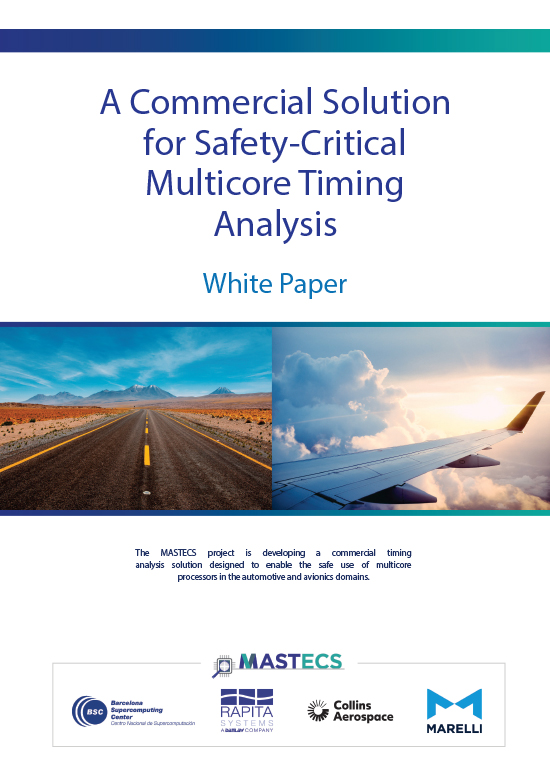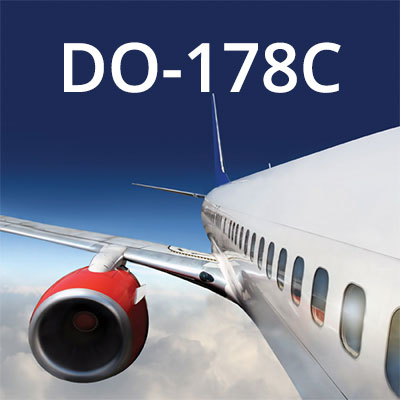Andrew Coombes and Zoe Stephenson of Rapita Systems are in Denver to exhibit at and attend the ACM SIGAda Annual International Conference. Here are Andrew’s thoughts on a tutorial given by Ben Brosgol of AdaCore.
“We’ve known for some time that avionics safety standards are moving on from DO-178B (Software considerations in Airborne Systems and Equipment Certification) to DO-178C, which Ben expects to be released in 2012.
“This tutorial was a good opportunity to hear about the benefits of this change from a man with over 30 years of experience in programming languages, software development methods, safety and security, and real-time systems.
“While DO-178B has certainly resulted in software being developed in a more rigorous way for avionic systems than is currently the case for medical or automotive systems, Ben says there are still good reasons why it needed to be revised.
- DO-178C allows avionic developers to accommodate “new” software technologies including object oriented programming, automatic code generators, COTS (Commercial off the shelf software) like real-time operating systems;
- It incorporates supplementary material generated after DO-178B was initially released);
- It corrects errors and omissions in the original standard.
“The original intention to include DO-278 (which is similar to DO-178B, but targeted at ground-based systems) has been abandoned. DO-278 will be released as DO-278A at some future time.
“During the tutorial we also looked at some of the differences between DO-178B and DO-178C, especially in the area of structural coverage – for example DO-178C will explicitly permit the use of masking MC/DC, whereas DO-178B only discusses unique case MC/DC.
“We also looked at tool qualification – this has received extensive treatment within DO-178C with the identification of Tool Qualification Levels (TQL) and qualification activities to support these.
“Interestingly, Ben observed that DO-178C (and DO-178B) do not mandate any activities that are specific to aerospace – DO-178B or DO-178C could equally be applied to automotive, nuclear, medical or any other critical industry. “Thanks to Ben for an interesting tutorial on what is still a developing story.”

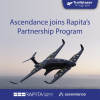 Hybrid electric pioneers, Ascendance, join Rapita Systems Trailblazer Partnership Program
Hybrid electric pioneers, Ascendance, join Rapita Systems Trailblazer Partnership Program
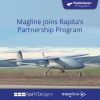 Magline joins Rapita Trailblazer Partnership Program to support DO-178 Certification
Magline joins Rapita Trailblazer Partnership Program to support DO-178 Certification
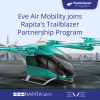 Eve Air Mobility joins Rapita Systems Trailblazer Partnership Program for eVTOL projects
Eve Air Mobility joins Rapita Systems Trailblazer Partnership Program for eVTOL projects
 How to certify multicore processors - what is everyone asking?
How to certify multicore processors - what is everyone asking?
 Data Coupling Basics in DO-178C
Data Coupling Basics in DO-178C
 Control Coupling Basics in DO-178C
Control Coupling Basics in DO-178C
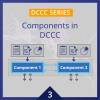 Components in Data Coupling and Control Coupling
Components in Data Coupling and Control Coupling
 DO-278A Guidance: Introduction to RTCA DO-278 approval
DO-278A Guidance: Introduction to RTCA DO-278 approval
 ISO 26262
ISO 26262
 Data Coupling & Control Coupling
Data Coupling & Control Coupling
 Verifying additional code for DO-178C
Verifying additional code for DO-178C
 DO-178C Multicore In-person Training (Bristol)
DO-178C Multicore In-person Training (Bristol)
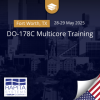 DO-178C Multicore In-person Training (Fort Worth, TX)
DO-178C Multicore In-person Training (Fort Worth, TX)
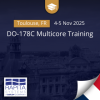 DO-178C Multicore In-person Training (Toulouse)
DO-178C Multicore In-person Training (Toulouse)










